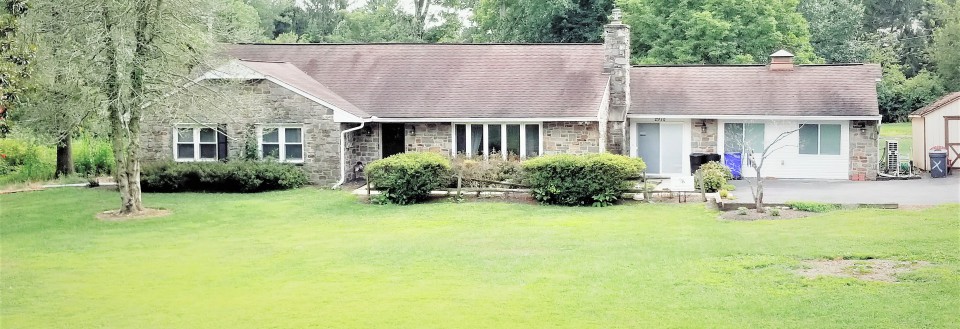
Definitions of Levels of Care
Levels of Care refer to services provided by the facility and staff having the ability to provide such services. Levels of Care are differentiated by the amount of assistance the resident requires.
Level 1: Low Level of Care.
Residents requiring occasional supervision, assistance, support, setup, or reminders with some, but not all, activities of daily living and assistance with taking medication or coordinating access to necessary medication and treatment. These residents may have occasional behaviors, psychological, or psychiatric episodes that are likely to disrupt or harm the resident or others; and may occasionally need assistance in accessing social and recreational services.
Level 2: Moderate Level of Care.
Residents requiring substantial support with some, but not all, activities of daily living, or minimal support with any number of activities of daily living, including assistance with taking
medication, or to be administered necessary medication and treatment, including monitoring the effects of the medication and treatment by staff. These residents may require intervention to manage
frequent behaviors, psychological, or psychiatric episodes which are likely to disrupt or harm the resident or others and may require limited skilled interpretation, or prompt intervention or
support, as well as ongoing assistance in accessing social and recreational services.
Level 3: High Level of Care.
Residents requiring access to, and coordination of, comprehensive health services and interventions, including nursing overview as needed, to compensate for any number of activities of daily living
deficits; assistance with taking medication, and staff administration of necessary medication and treatment, including monitoring or arranging for monitoring of the effects of complex medication and
treatment regimens; ongoing therapeutic intervention or intensive supervision to manage chronic behaviors, including a variety of psychological or psychiatric episodes involving active symptoms,
condition changes, or significant risks which are likely to disrupt or harm the resident or others and may require skilled interpretation or immediate interventions; and access to comprehensive
social and recreational services.
